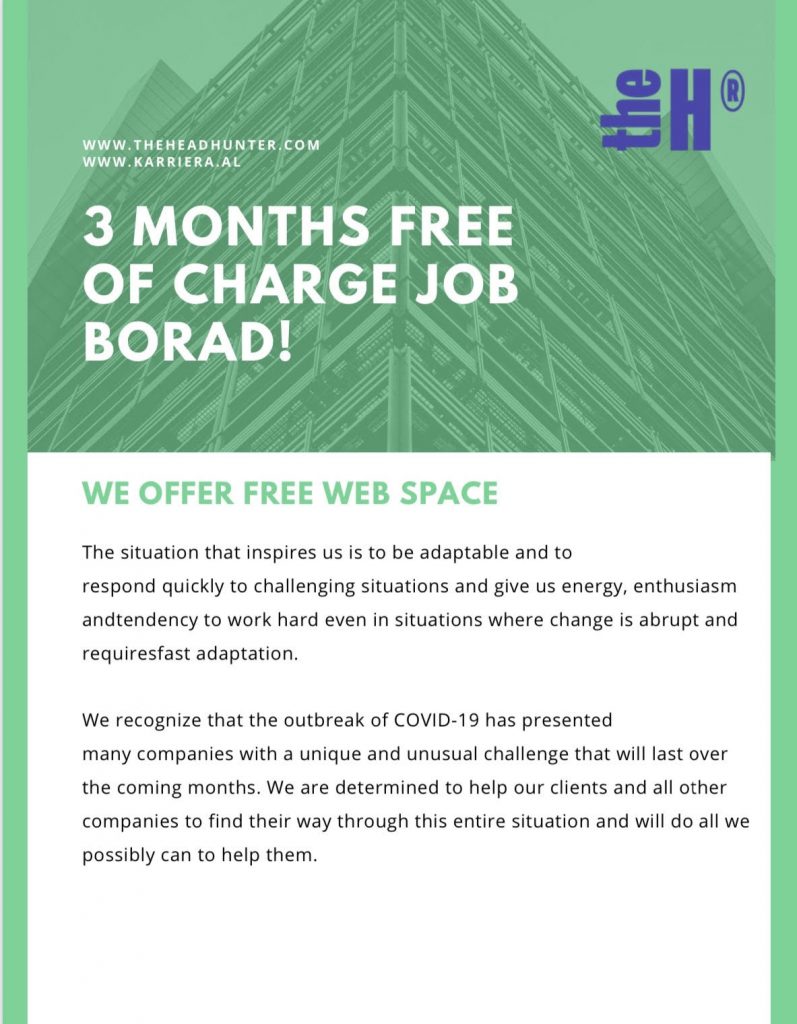The hiring environment has become more uncertain in recent months, to say the least. However, the positive news is that many businesses are still staffing both on-site and remote positions, including in their accounting and finance departments. If you have a well-developed set of accounting skills, that could increase your chances of being a strong contender for jobs you are targeting.
Essential accounting skills encompass more than the ability to crunch numbers, complete expense sheets and depreciate fixed assets. In addition to traditional accounting knowledge, there are a number of hard and soft skills that every accounting professional needs, whether they are working in an office or remotely.
Following is an overview of seven sets of accounting skills — some technical, some not — that can help you to advance your accounting job search, as well as your accounting career.
General business knowledge
The scope of accounting and finance positions has been expanding over time, and especially so in recent years. In particular, these professionals must collaborate and coordinate more often with colleagues in other departments.
So, it’s important to know what other functions do and how the work of the accounting and finance organization helps to support their initiatives. The better you understand the overall workings of the business, and how you and your team fit into the “big picture,” the more productive your relationships outside your department will be.
Up-to-date technology expertise
Finance leaders are often challenged in finding professionals who have up-to-date technology expertise listed among their accounting skills. But you can be sure that working with finance-specific software programs will be a given in your role, as accounting firms and other organizations continue to expand their use of accounting automation.
Other examples of technology-related accounting skills that are in demand by many employers include:
- Advanced Excel ability
- Enterprise resource planning (ERP) experience (e.g., SAP, Oracle)
- Expertise in big data analysis, advanced modeling techniques and SQL
- Knowledge of business intelligence software (e.g., IBM Cognos)
- Microsoft Visual Basic capability
- Aptitude with Hyperion (for analyst and financial reporting roles)
- Microsoft Visual Basic skills
- Knowledge of QuickBooks (for positions with small and midsize firms)
If you want to advance in your current position, consider asking your manager about online accounting skills training options that the company may be able to arrange. Or, if you’re currently searching for a job, you could enroll yourself in an online course in one of the skills areas listed above. Being proactive about your professional development could impress a potential employer.

Communication skills
Stay-at-home orders have put communication abilities front and center among must-have skills as many workers have transitioned to remote jobs. The good news is that accounting and finance professionals have had to hone one of these abilities for years: presenting information in an easy-to-digest manner, especially for audiences that are not as numbers-savvy. Now, it’s time to refine other communication skills.
The ability to relay information clearly and concisely by enhancing your verbal and writing skills is essential. More good news is that you and your colleagues working from home may already have a leg up on this skill, as you’ve had to turn to email (writing skills) and video platforms (verbal skills) for each and every daily interaction, from business requests to simple morning greetings.
Adaptability and flexibility
Adaptability and flexibility were also top among the skills accounting and finance professionals needed even before the pandemic. Technological change, like the rise of artificial intelligence (AI) as a critical business tool, was a key driver for that trend, and you can expect that it will remain so. But now, as businesses try to define and operationalize their next “new normal,” the ability to pivot and roll with change is an absolute must.
Creativity and a willingness to help others
The best accounting professionals are ambitious self-starters who can develop new insights. You may need to serve as a source of aid when colleagues require help navigating a particular program or managing their first busy-season audit.
Your managers may also look to you for fresh ideas as to how the organization can ensure continuity of service to clients (especially during this time of disruption), improve compliance procedures or address a host of other issues.
Customer service orientation
Whether you work in public or private accounting, solid customer service skills are critical, too. If you work in a public accounting firm, you need to be able to retain current customers and bring in new clients. And if you work in corporate accounting, you must meet the needs of the organization’s other departments and managers.
Accounting professionals can demonstrate good customer service by earnestly listening to the needs and concerns of clients, whether they’re internal or external.
Specialized experience
Specialized experience, such as a focus on regulatory compliance, can be a strong complement to your set of accounting skills. Many employers also look for candidates with backgrounds in anti-money laundering (AML), know your customer (KYC), Financial Industry Regulatory Authority (FINRA), Comprehensive Capital Analysis and Review (CCAR) and the Dodd-Frank Act, particularly rules related to capital adequacy and consumer protection.
Companies also seek accountants with experience in revenue recognition. Organizations like the American Institute of CPAs (AICPA) offer courses on revenue recognition to help you better understand and implement the current and new revenue recognition principles — and make appropriate revenue recognition decisions.
Look for ways to boost your accounting skills
As you work to grow your career, consider earning in-demand accounting certifications. And always look for opportunities to get training that will make you more marketable as a job candidate, and more valuable as a team member.
That said, for many of the above skills, on-the-job experience is the best method for learning. One way to gain that experience is by working in temporary accounting and finance positions while you build up your resume and search for a full-time role.
In this uncertain time, many businesses are looking to staff accounting and finance positions with temporary and part-time professionals who they can count on to get the job done — and perhaps, work remotely. And the experience could put you on the path to finding more permanent employment sooner.












